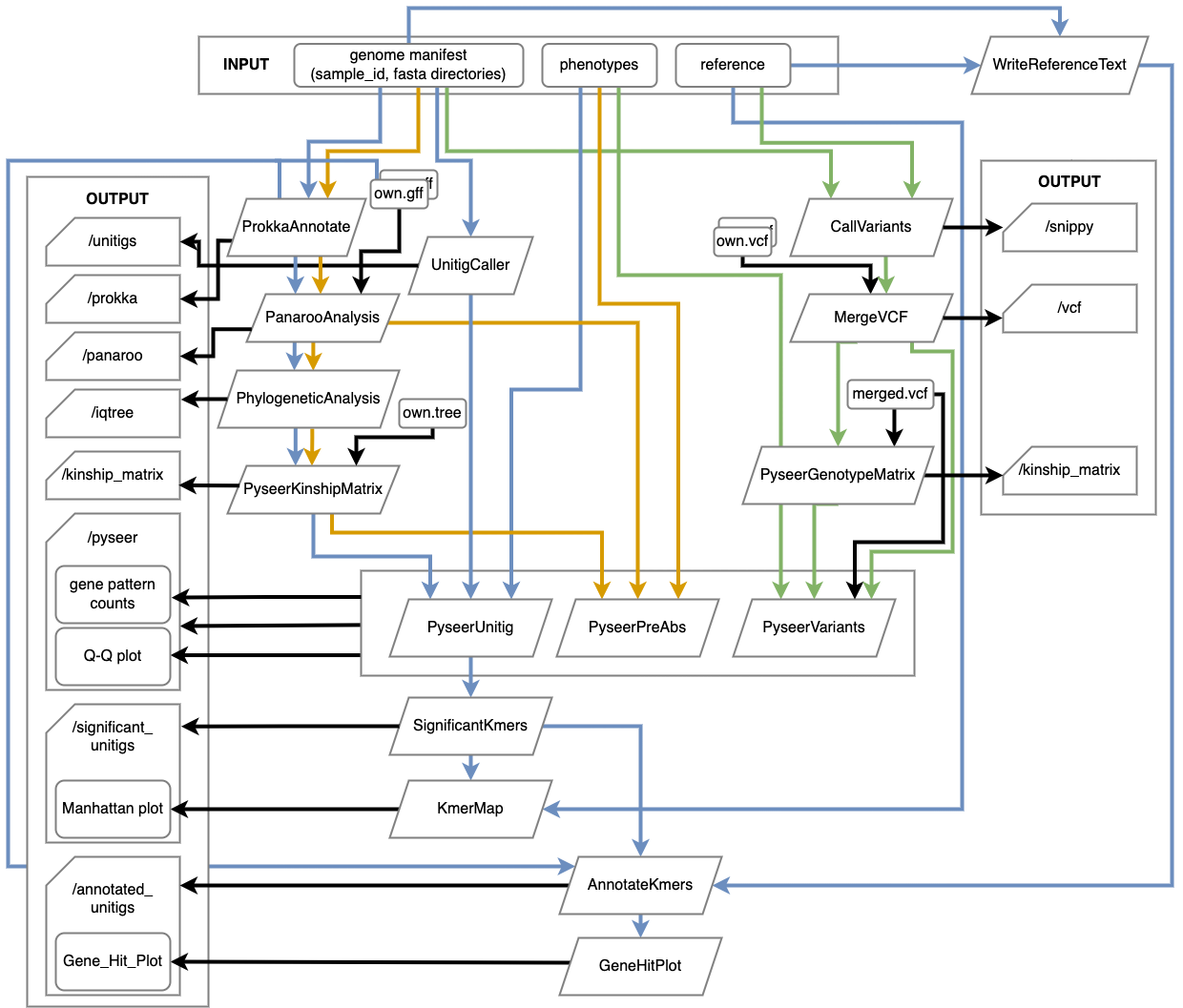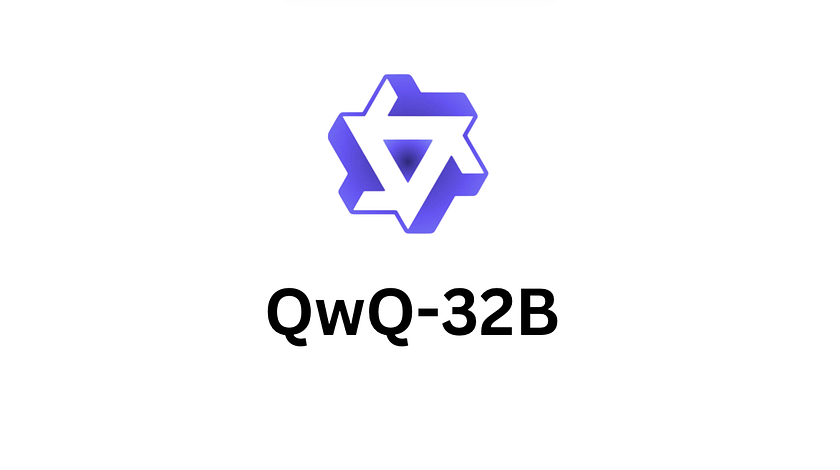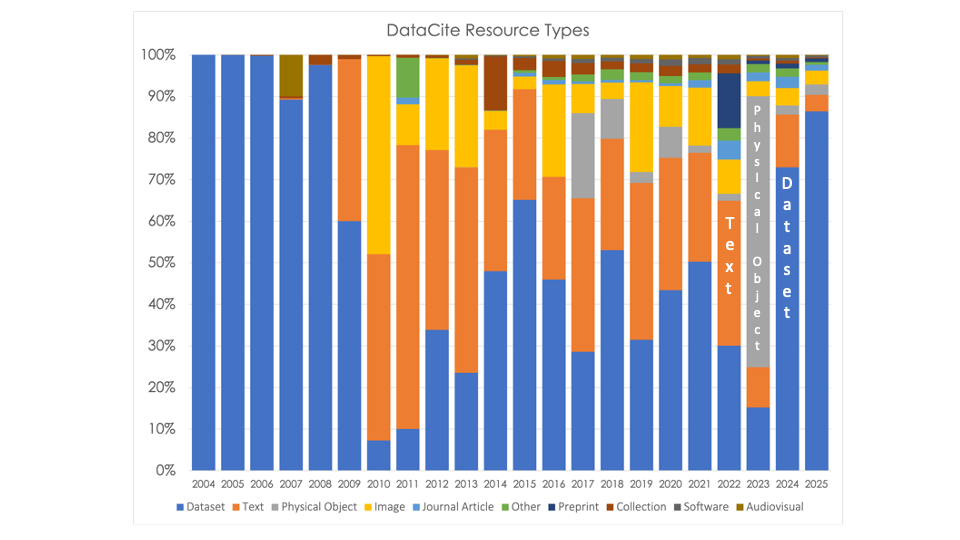
I’m passionate about the written word but conversely, I’ve turned to digital media to encourage people to read.

I’m passionate about the written word but conversely, I’ve turned to digital media to encourage people to read.

In the first battles of the biological era, survival belongs not to the strongest, but to those who can evolve the fastest.

This week’s recap highlights new methods in genetic epidemiology, mostly centered around genomic data sharing and privacy-preserving methods: a short commentary on genomic data sharing highlighting how new challenges complicate large-scale data sharing practices, a privacy-preserving method for QTL mapping, privacy-preserving methods for federated biobank-scale GWAS analysis, a Nextflow pipeline for polygenic score QC and construction, and new
I realize that the titular statement is open to misinterpretation so let me head that off at the pass: I’m not saying this prescriptively, like you should learn anatomy to become a better person (you should learn anatomy because it’s accessible and it rules), or that knowing anatomy makes people better.

Introduction I’ve been exploring how artificial intelligence is transforming our lives. It’s doing incredible things—think better medical diagnoses or self-driving cars—but there’s a darker side that’s tough to overlook. AI is being weaponized to create and spread misinformation, especially in politics, and it’s a growing problem. I stumbled upon research in Nature by Garimella and Chauchard (2024) that really opened my eyes.

How QwQ-32B Is Redefining Efficiency and Reasoning in Open-Source AI

This post explores and analyses the article ‘How to track the economic impact of public investments in AI’ by Julia Lane and colleagues. The article was published in 2024. For the open-source version of this blog post, please click this link.
This seems to have gone under the radar: Accelerating Access to Research Results: New Implementation Date for the 2024 NIH Public Access Policy.
We’ve been accelerating our metadata development efforts and recently released version 5.4 of our metadata schema, and are planning to release version 5.5 (including support for multiple contributor roles and the CRediT taxonomy) this summer.

Following my recent talk for the Boston Library Consortium, many of you expressed a strong interest in learning how to test the new generation of AI-powered academic search tools.

2024 was a banner year for dataset resources in DataCite. The National Institute of Fusion Science registered over 10,000,000 datasets. These metadata are remarkably complete - a bright spot demonstrating great metadata at scale.